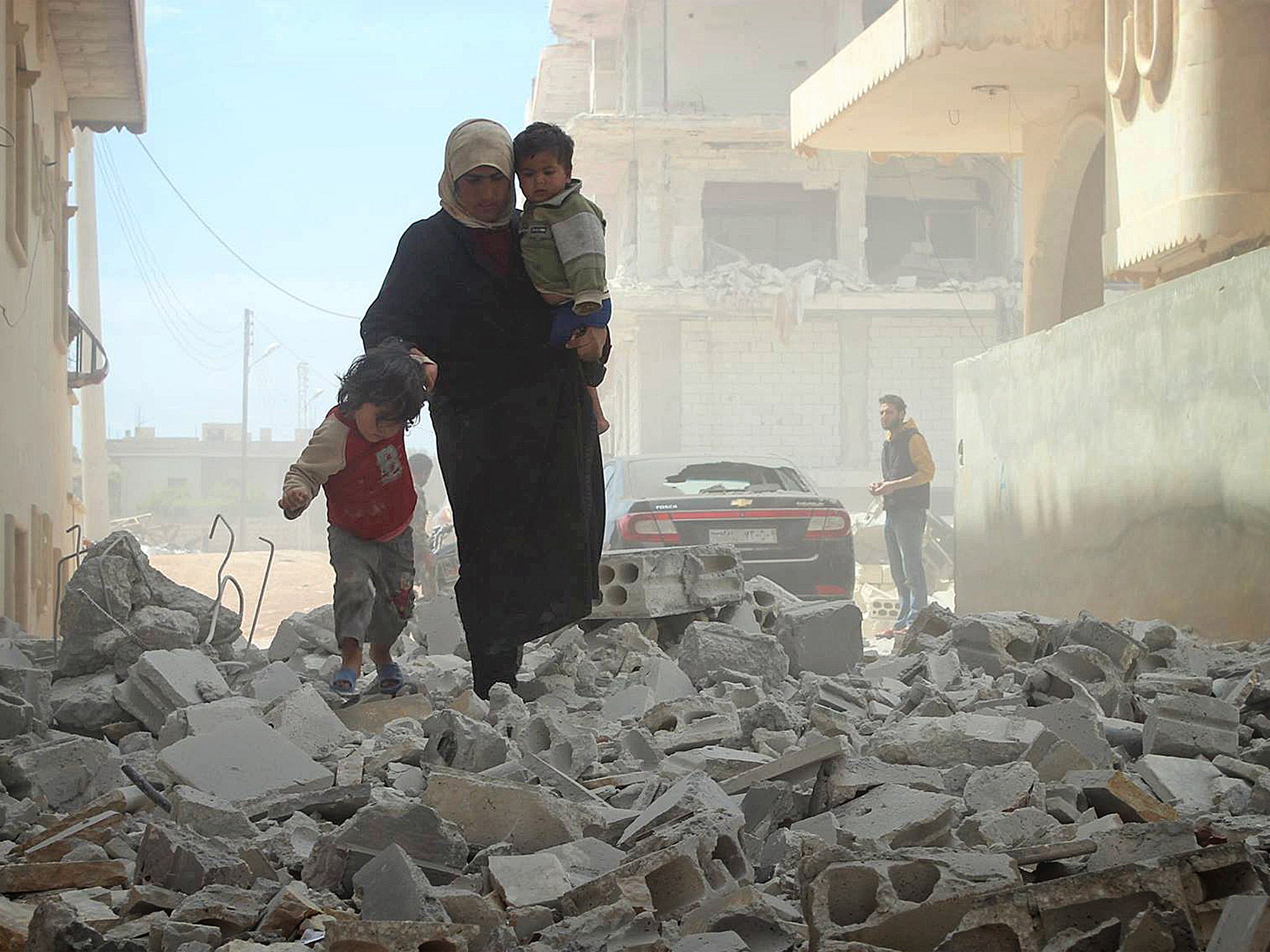The guest lecture I found most informative, inspiring,
and/or challenging was the lecture on globalization and agriculture by Peter
Motavelli. The discussion that occurred in class was very intriguing. It made
clear to me how important global food shortages are, and how challenging the
problem is to tackle. It also made it clear how the problem must be approached
from many different angles and places if it is to be solved at all.
This semester, I’ve been doing research on the Syrian Arab
Republic. I chose this country as the one I would focus on mainly because it is
commonly in the news, and I felt I would have many sources of information to
utilize when writing my blog posts. When the class began, I didn’t know much
about Syria in general, other than some basic details about the civil war
currently going on in the nation. In order to write the blog posts required
throughout the semester, I had to do lots of reading about different topics
related to Syria. From this process, I have learned a lot about the country.
Before starting my research, I basically knew that Syria was
currently in a civil war, and that ISIS was somehow involved. I did not know what
started the war, who was involved, or any of the details about the war, other
than some involvement of chemical weapons had occurred. After reading numerous
articles, journals, and security reports, I’ve learned much more about the
situation in Syria. My research gave me insight into how the war started, with
protests during the Arab Spring that turned violent when the Assad regime
opened fire on protestors in March of 2011. I learned that climate change
caused a long lasting drought in the region that caused many rural farmers to
lose their livelihoods and added to the initial tension in the country. I
learned about the Assad regime’s use of chemical weapons, particularly sarin
gas, on civilian populations that nearly led to full scale US involvement in
the country. But one of the topics that was most interesting to me was the rise
of the Islamic State of Iraq and the Levant. With this faction being in the
news so often in recent times, and with the recent attacks in Paris and across the
world, gaining more insight into this terror organization was very helpful in
my understanding of the situation in Syria. I learned about their evolution
from an al-Qaeda splinter cell to the self-proclaimed “caliphate” that al-Qaeda
has severed ties with that they are today. I’ve also learned about the other
factions involved in the Syrian Civil War, how convoluted the war is, and how
there is no real end to the conflict in sight.
But perhaps one of the most important issues I’ve gained
insight on is the Syrian refugee crisis. With so many people fleeing the
fighting in Syria, it was inevitable that this issue would become as important
as it is now. Immigration is an issue in nearly every country, and the issue is
made much larger when there are hundreds of thousands of refugees seeking
asylum in nearby countries in Europe. After the attacks in Paris, the issue
became one of national security, and politicians, especially in the US, were
quick to jump to the conclusion that we should not allow any Syrian refugees
into the country for risk of them being undercover members of ISIL. However, a
proper understanding of the situation in Syria, as well as the sheer numbers of
the refugee crisis, show that there are over four million people seeking
asylum, and the US was slated to accept only 0.25% of those refugees. The
statistical chance of even one of them being a stow-away terrorist is so
miniscule it does not warrant the refusal of thousands of men, women, and
children who are legitimately seeking a better life.
Overall, I was glad I chose the Syrian Arab Republic as my
nation of focus for this class. I’ve learned a lot about the country and the
region in general. My understanding is now much better than the average person,
and this allows me to objectively view the developing news stories that come
from the nation. Without this class, and my focus on Syria, I believe my view
on these issues may be much different than it is now.


No comments:
Post a Comment